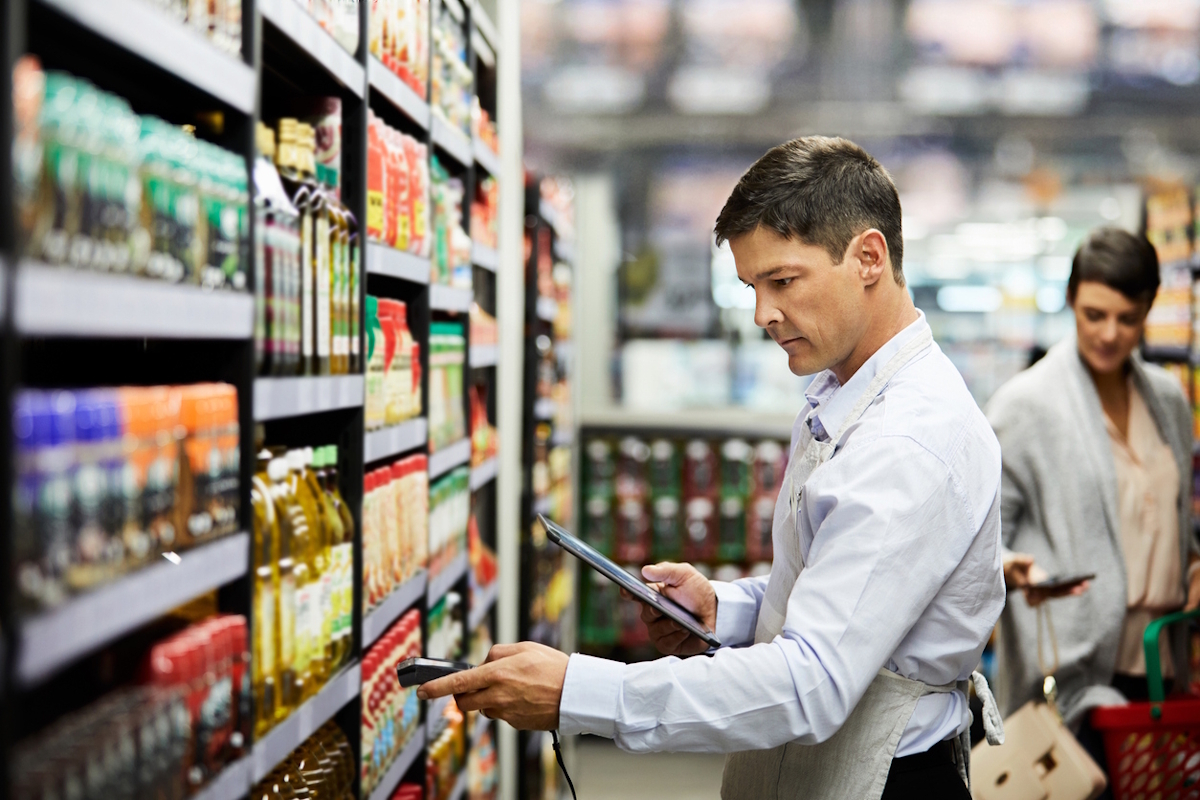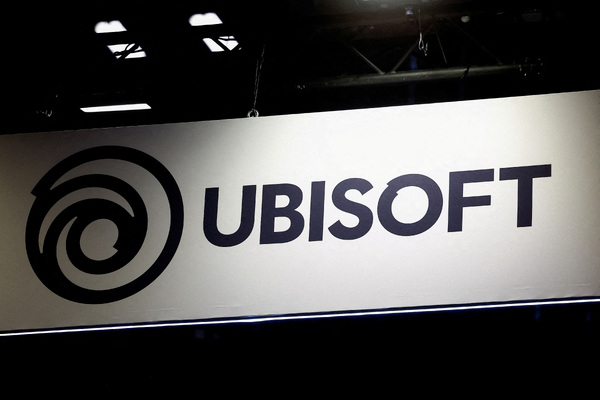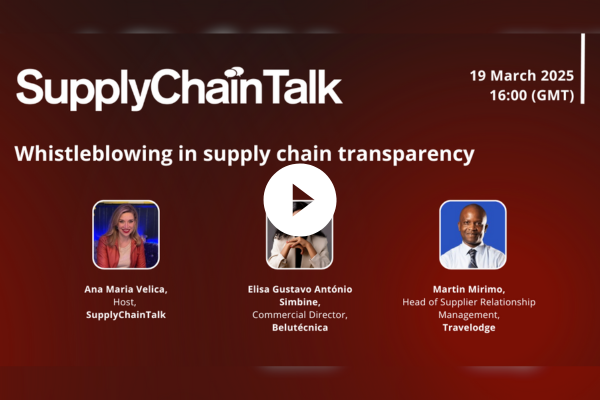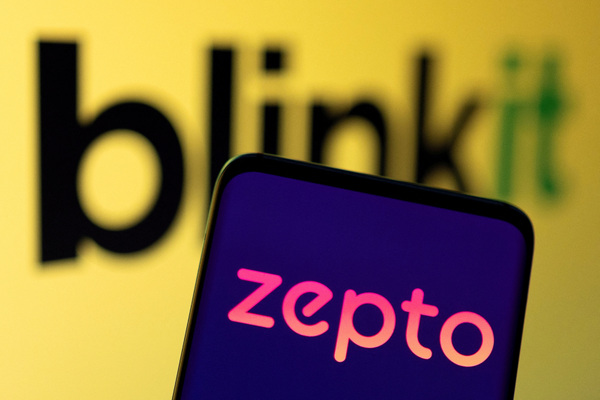Security and insight with smart labels

Sharath Muddaiah at Giesecke+Devrient describes how smart labels are bringing clarity and peace of mind to supply chains, retail, manufacturing and many more sectors
The concept of smart labels is not a new one; smart label devices effectively act as tracking devices, making the parcels and goods they attach to trackable and monitorable assets.
But while tracking devices have been in operation since the 1970s, smart labels have only recently come to market, providing an innovative, lightweight, super-slim solution based on GPS with a battery life of up to twelve months.
And it is these critical new characteristics of smart labels (thin/light profile, increasingly cost effective and highly accurate) that bring refreshed advantages to the devices (which to date have been bulky with limited battery life), promising a new level of transparency over goods in transit across logistics, manufacturing and retail.
Enhancing supply chain visibility with smart labels
The global supply chain has faced significant disruptions in recent years, from the COVID-19 pandemic and geopolitical tensions to severe weather events and rising security concerns. These disruptions have highlighted vulnerabilities and sparked the need for data-driven solutions.
Smart labels are a prime example of a new technology that is helping to alleviate the challenges involved in managing the supply chain. By providing real-time data on package location, temperature changes, and even unauthorised package openings, smart labels offer unprecedented visibility and control at every stage of the supply chain.
Particularly in shipment tracking and the traceability of high-value items, smart labels are helping businesses improve visibility and transparency, ultimately strengthening their ability to withstand unforeseen disruptions.
According to KPMG’s predictions for 2024, the adoption of “smart” supply chain management is well on its way to becoming the new normal. This shift is being driven by advancements in generative AI, automation and the Internet of Things (IoT), all of which are enabling greater visibility, transparency, and traceability across supply chains.
The past year has further reinforced the urgency of this transformation. Trade tensions have disrupted the movement of essential technologies like semiconductors, while extreme weather events have impacted production lines, highlighting the fragility of global supply chains. These challenges have served to highlight the critical need for resilience, prompting businesses to seek innovative solutions to mitigate disruptions and continue operating.
The integration of smart supply chain technologies is no longer a futuristic concept but a present-day necessity. Companies that invest in these innovations will be better equipped to navigate uncertainties, optimise efficiency, and build a supply chain that is both agile and robust in the face of evolving global challenges.
Boosting customer experience in retail
The rise of "pre-parcel anxiety" among consumers has given way to an increasing demand for real-time tracking of shipments. Research shows that 90% of consumers track their parcels at least once per order, with some checking up to four times. This reflects a broader consumer preference for transparency, efficiency, and instant updates throughout the purchasing process.
Smart labels provide much-needed real-time reassurance for customers as to the status and location of their purchases or items. For businesses, the use of smart labels enables them to offer an enhanced service and helps to provide valuable insights that can optimise operations and strengthen customer relationships. You now know exactly when the parcel has left the warehouse, and when it has reached the customer.
Combatting cargo theft, improving security
A growing concern within the global supply chain is the rise in cargo theft, with estimates suggesting that nearly $700 million worth of cargo was stolen in the U.S. alone in 2023. Sophisticated criminals are now able to exploit stolen identities and reroute shipments, making traditional security measures less effective.
Along with providing visibility of the location of a package, smart labels also have the potential to help combat cargo theft; these intelligent labels can detect changes in temperature or signs of tampering, providing businesses with critical insights that can help prevent theft and fraud. Smart Labels are also extremely discreet, and unless known, these intelligent devices do not come across like trackers at all!
For example, if a package is diverted or opened in an unauthorised location, the system can immediately alert security teams, enabling them to take swift action. Looking ahead, artificial intelligence (AI) and machine learning (ML) will further enhance the capabilities of smart labels, enabling predictive analytics to identify unusual patterns—such as unexpected route deviations or unauthorised stops—before they escalate into major issues.
Smart labels in the automotive sector
The automotive industry, a key player in global supply chains, stands to benefit significantly from the integration of smart labels. The sector has faced considerable challenges in recent years, particularly with the global semiconductor shortage, which caused the loss of over 9.5 million vehicle production units in 2021.
The automotive supply chain involves thousands of components that must be sourced, transported, and assembled across a complex web of suppliers and manufacturers. A single missing or delayed part can lead to production stoppages, often with significant financial consequences.
This is where smart labels come into play. By providing end-to-end visibility, smart labels help automotive manufacturers track components throughout the entire supply chain, reducing the risk of production delays and inventory shortages. Using the smart label is extremely easy to use.
There is no setup, no ON button that could be forgotten, no complicated warehousing or scanning tools require for operation. It is simple and built for ease of use in all situations.
Beyond the automotive sector, having only limited visibility of the supply chain is an issue many organisations still struggle with. Smart labels can bridge this gap by enabling data sharing across platforms, allowing businesses to have a more accurate and real-time picture of their entire supply chain. This interconnectedness is essential for improving collaboration, pinpointing delivery issues, and making data-driven decisions that drive efficiency.
The role of smart labels in sustainability
Sustainability is increasingly becoming a priority for companies across all industries, and smart labels are poised to play a significant role in driving green initiatives. These labels offer real-time data on a product’s journey through the supply chain, including insights on the carbon footprint associated with various transportation methods.
By leveraging this information, businesses can make more environmentally conscious decisions, such as choosing lower-carbon shipping options or collaborating with vendors who align with their sustainability goals.
Looking ahead to 2025 and beyond, AI and ML will further amplify the power of smart labels in driving sustainability. With the increasing adoption of Internet of Things (IoT) devices, smart labels will provide an even richer set of data that businesses can use to optimise their operations and reduce their environmental impact. Gartner has noted that top-performing supply chains are investing heavily in AI/ML technologies, which will continue to be integral in achieving sustainability goals.
Moreover, the sustainability of the labels themselves is also a key consideration. As battery technology improves, there will be greater opportunities for making smart labels more eco-friendly by increasing their reusability.
The future of smart labels
Smart labels are poised to revolutionise supply chain management by offering greater visibility, enhanced security, and valuable insights that can drive both efficiency and sustainability.
Whether combating theft, improving supply chain transparency, or supporting sustainability efforts, smart labels are no longer a luxury but a necessity for businesses navigating an increasingly complex global and modern supply chain.
Sharath Muddaiah is Head of Global Portfolio Strategy, Internet of Things, at Giesecke+Devrient
Main image courtesy of iStockPhoto.com and kupicoo

Business Reporter Team
Most Viewed
Winston House, 3rd Floor, Units 306-309, 2-4 Dollis Park, London, N3 1HF
23-29 Hendon Lane, London, N3 1RT
020 8349 4363
© 2025, Lyonsdown Limited. Business Reporter® is a registered trademark of Lyonsdown Ltd. VAT registration number: 830519543





